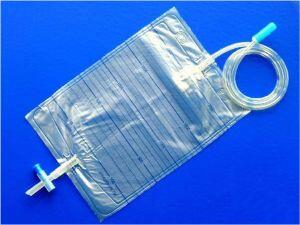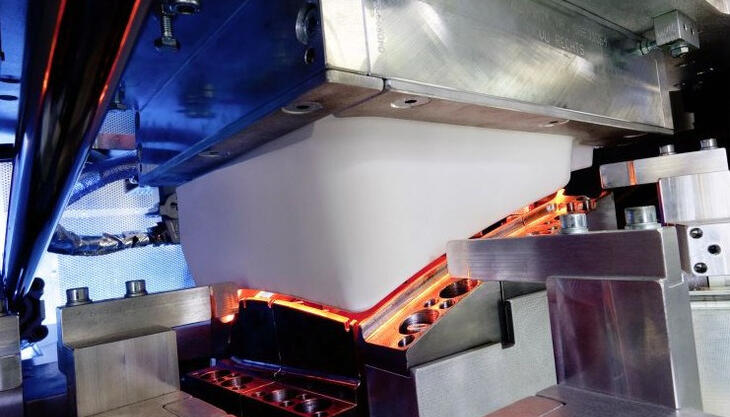PVC blood bags

A recent critical review commissioned by the European Council of Vinyl Manufacturers (ECVM), contests a life-cycle assessment (LCA) carried out by the PVCfreeBloodBag project, which concluded that PVC blood bags "pose a significant risk to human health" and should be phased out in favour of PVC-free alternatives.
ECVM stresses that the LCA conclusions contradict findings by the European Commission's Scientific Committee on the Emerging and Newly Identified Health Risks (SCENIHR). In 2008, the committee stated that, while "there is reason for some concern for prematurely born male neonates for which the DEHP exposure may be transiently above the dose inducing reproductive toxicity in animal studies, there is no conclusive scientific evidence that DEHP exposure via medical treatments has harmful effects in humans".
The critical review, conducted by Professor Adisa Azapagic (Manchester University), finds that the PVCfreeBloodBag study fails to fulfill basic scientific methodology and quality criteria; and that its conclusions may be misleading and highly questionable.
ECVM urges caution when disseminating potentially alarming information on the safety of PVC in blood bags which is not scientifically validated. PVC has been used to manufacture blood bags for more than half a century and it is currently the only plastic material which is suitable for manufacturing this kind of medical device. PVC blood bags have been instrumental in delivering high standards of safety and quality healthcare to patients.



















